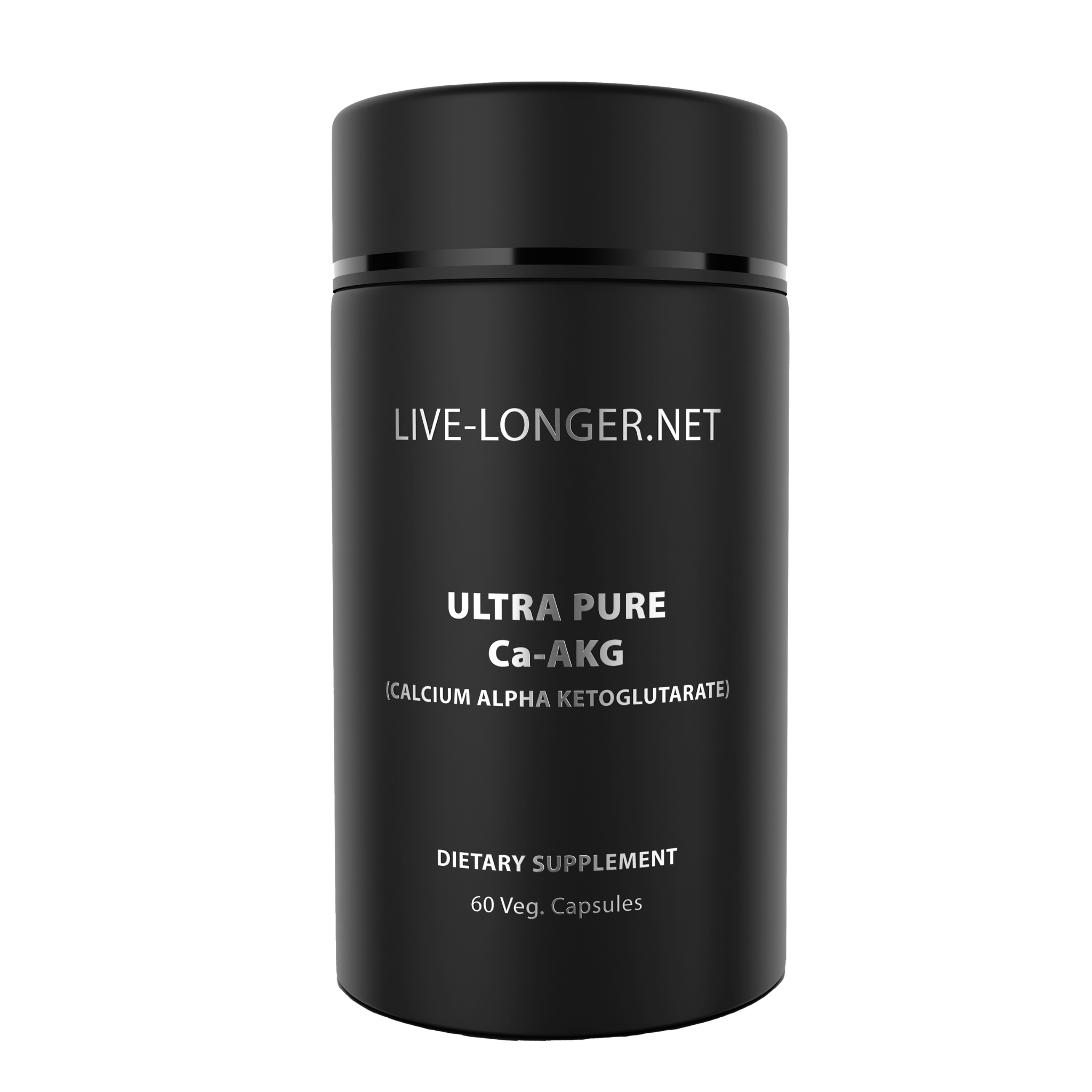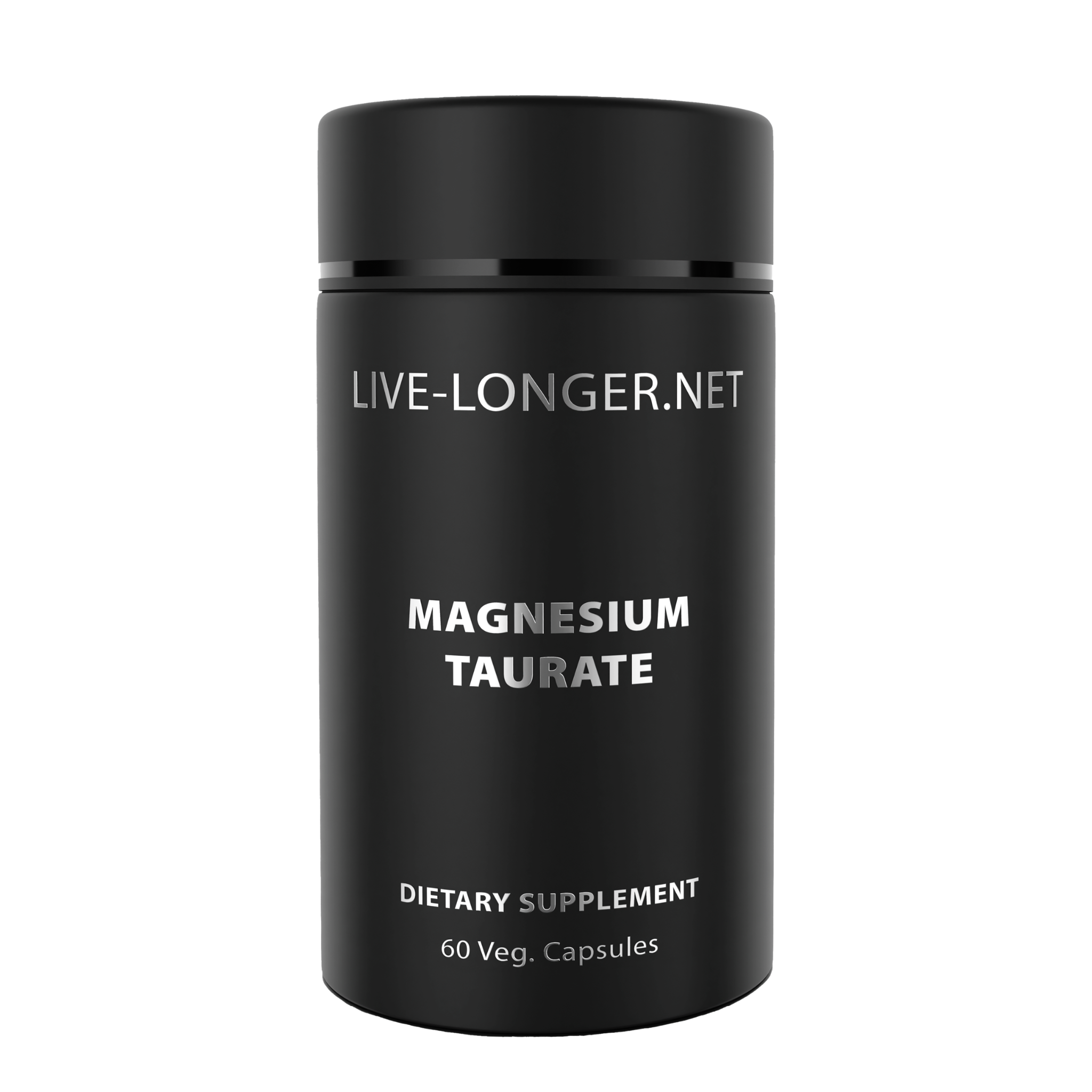Cart
0
What Longevity Trends You Need to Know in 2025?
Discover the truth about 2025's longevity trends. Learn to spot myths, embrace evidence-based practices, and make informed choices to live longer.
More DetailsHow to Effectively Incorporate Exercise to Improve Quality of Life?
Discover practical ways to seamlessly add exercise to your daily routine, boost energy, and improve quality of life with simple, actionable tips.
More DetailsThe Truth About Calorie Restriction and its Effects on Aging
Discover the truth about calorie restriction and aging. Learn its benefits, risks, and practical tips for a balanced approach to healthier, more graceful aging.
More DetailsIs Fasting Good for Anti-Aging? Experts Reveal the Secrets
Discover if fasting is good for aging. Explore expert insights, science-backed benefits, and safe practices to enhance longevity and age gracefully.
More DetailsThe Truth About The Genetics of Aging
Have you ever wondered why some people age differently than others? Learn how genetics influence aging, debunk myths, and learn practical tips to age gracefully.
More DetailsFoods to Avoid to Prevent Aging: All You Need To Know
Aging is a natural process that everyone experiences, but the rate at which we age can be influenced by lifestyle...









